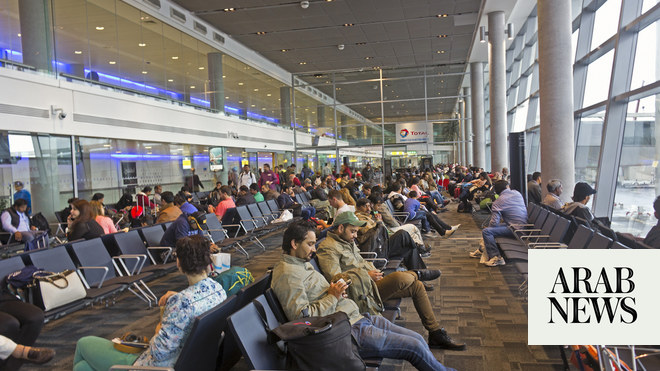
PARIS (Reuters) -Airbus ramped up its jet production targets on Thursday, backing signs of global recovery and strengthening its hand ahead of talks with suppliers about how to share investments needed to lift aviation out of its pandemic doldrums.
Shares in the world’s largest planemaker rose more than 6% after it said was exploring an almost two-fold increase in output of key single-aisle jets by the middle of the decade from crisis-depressed levels, while firming up 2021 output plans.
“The aviation sector is beginning to recover from the COVID-19 crisis,” Chief Executive Guillaume Faury said in a statement.
Airbus confirmed plans to increase single-aisle A320neo production by more than 10% from a current rate of 40 airplanes a month to 45 a month by the end of this year.
It gave suppliers a firm new target of 64 a month by the second quarter of 2023 - topping its previous production record of 60 a month and improving on its pre-crisis ambitions of 63.
Shares in Airbus rose as much as 6.8%, soaring back above 100 euros to within a whisker of their 52-week high of 104.54 euros after its projections, which used carefully calibrated language ranging from firm plans to long-term scenarios.
Production of workhorse single-aisle airplanes sets the drumbeat for the global aerospace industry and is closely tied to medium-haul traffic that tends to track the wider economy.
Demand for the jets is recovering more quickly than expected, led by domestic travel in the United States and China.
But industry sources said Airbus could face a battle to persuade suppliers to step up investments for plans that may not come to fruition.
The planemaker said it was asking suppliers to “enable a scenario” where it can produce 70 single-aisle jets a month by the first quarter of 2024.
“Longer term, Airbus is investigating opportunities for rates as high as 75 (a month) by 2025,” it added.
The bold roadmap comes after Reuters reported Airbus had ordered suppliers to demonstrate as soon as possible that they are factory fit for increased single-aisle jet output, while voicing concerns over industrial quality problems.
It also comes less than a week after industry sources disclosed Boeing was discussing a fresh sprint in 737 MAX output to as many as 42 jets a month in autumn 2022 to help shake off overlapping safety and COVID-19 crises.
In the rest of its portfolio, Airbus announced a firm target of increasing production of the small A220 from five a month to six a month in early 2022. It added it was envisaging monthly output of 14 for the same model by the middle of the decade.
WARY SUPPLIERS
The planemaker said production of the wide-bodied A350 was expected to rise from an average of five a month now to six by the autumn of 2022. Long-haul travel on jets like these is expected to be slowest to recover.
Only the wide-bodied A330 family is excluded from the higher production ambitions and will stay at two a month.
Analysts at Jefferies described the move as “punchy production plans,” while Barclays Capital said it was ahead of expectations.
Shares in suppliers rose, with engine maker Safran among the biggest beneficiaries of an Airbus-led rally in Paris.
But some of the company’s network of 8,000 suppliers were privately less optimistic.
The production ramp-up has already led to a stand-off between some suppliers and Airbus over who should bear the risk of investments needed to lift the industry out of the crisis.
“The supply chain doesn’t yet see the signs” of the type of recovery laid out by Airbus in single-aisle jets, a senior industry source told Reuters.
Asked about the proposed increase in A350 output, the source added: “It’s a long way off”.
Airbus moved to reassure suppliers by arranging hurried talks on the plans.
Engine makers in particular are likely to seek guarantees before committing to significantly higher rates, a second senior source said. They effectively have final say, others said.
“Airbus has clearly decided it needs to stress-test its suppliers, and check that they actually can (and will) deliver to higher rates,” Agency Partners analyst Sash Tusa wrote.
Reporting by Tim Hepher; Additional reporting by Piotr Lipinski; Editing by Muralikumar Anantharaman and Mark Potter
Our Standards: The Thomson Reuters Trust Principles.










